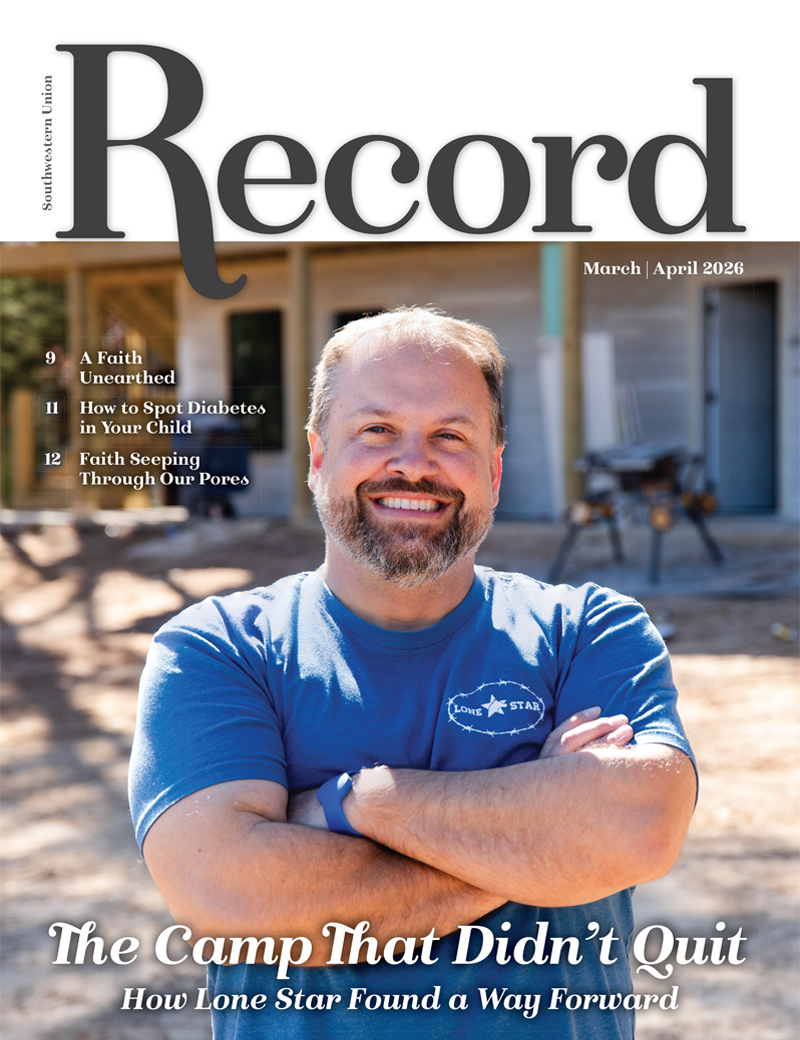Maslow Meets Ministry

Maslow’s hierarchy of needs is a well-researched conceptualization of the basic needs that motivate and generate human behavior. Its premise is that there is a five-tier model of human needs that you and I encounter every day as we live and interact with other people. As we explore this model, it becomes clear how closely it aligns with the mission of Christians, particularly Seventh-day Adventists, whose calling is to meet the physical, emotional and spiritual needs of a broken, hurting world.
Using a pyramid for illustrational purposes, the base represents our physiological needs, including food, water, shelter, clothing and sleep. The next level up represents our need for safety and security. This includes health, employment, property, family and social ability. The middle level is our deep need for love and belonging. The narrower level, next to the top, is our need for esteem and affirmation. The top and most narrow piece of the pyramid is the self-actualization level—that God-given desire to become all that we can be. The theory is that people will be ready to seek fulfillment for the higher needs on the pyramid once the lower needs have been fulfilled.
Just as Maslow’s theory suggests that fulfilling basic needs is a precursor to fulfilling spiritual desires, our call is to meet people’s foundational needs, paving the way for them to experience a deeper connection with God.
In the Bible, we see this mission reflected powerfully in the words of the prophet Isaiah, who calls God’s people to shine forth with His light. “Arise, shine, for your light has come! And the glory of the Lord rises upon you!” Isaiah 60:1-2. This is a calling for us to embody the light of God to others. When I read that passage, it never ceases to amaze me how the Bible writer specifically uses the phrase “your light has come.” Notice the word your is lowercase, not uppercase. It’s referring to us. As God’s children, you and I are sustained and strengthened by God’s light. And at some point, we become so filled with His presence that people around us are nurtured by Him through us!
As Maslow pointed out, scores of people around us are in need. They have physiological needs, and needs for safety and security, love and affirmation, esteem and regard and self-actualization. As a church, we are positioned to bless them abundantly!
Perhaps in the words of Ellen G. White, in The Ministry of Healing, we find the best description of Christ’s method of meeting the needs of people around Him before sharing doctrine:
- He mingled with people. Meet and accept people where they are.
- He demonstrated sympathy.Take time to recognize how others may be suffering.
- He ministered to people’s needs. If someone is hungry, don’t just pray for them—find them some food!
- He earned people’s confidence. In other words, win them over. Show those in need that your assistance has no strings attached.
- He healed spiritually. Sharing Christ’s love exposes people to the physician above all other remedies, that great balm of Gilead. He brought spiritual healing to both the believer and the non-believer.
In his book, On Being a Christian, Hans Küng argues that the ultimate criterion of a person’s Christian spirit isn't solely based on theory, but rather on their lived experience and the actions that reflect the spirit of Christ in their ordinary lives. In other words, what are we doing with the light God has given to us? Does it shine so brightly that it illuminates others along their path?
May we be the beacon of hope that those around us need to see today, whether it be through a kind gesture, a helping hand, a free meal or a word of spiritual encouragement. May God’s love transform our hearts and guide us as we pave the way for our friends, neighbors, or even strangers, to experience a connection with God.
By Carlos J. Craig, Southwestern Union President


